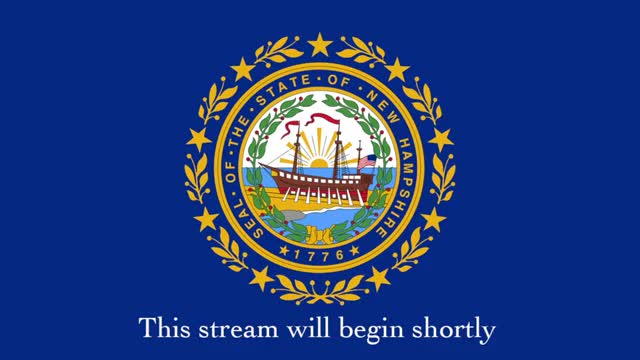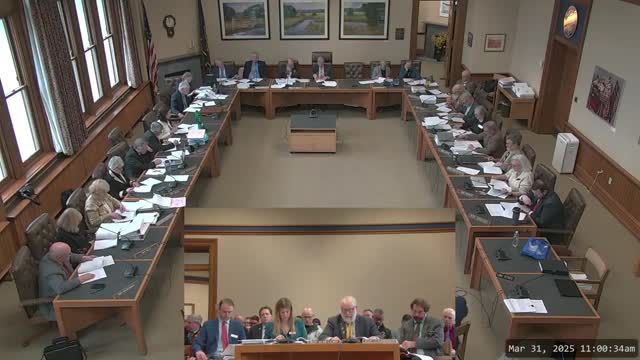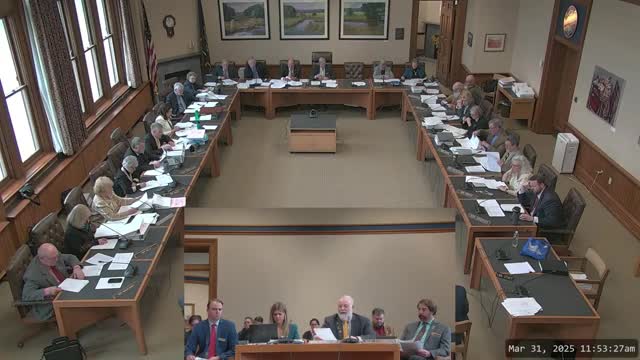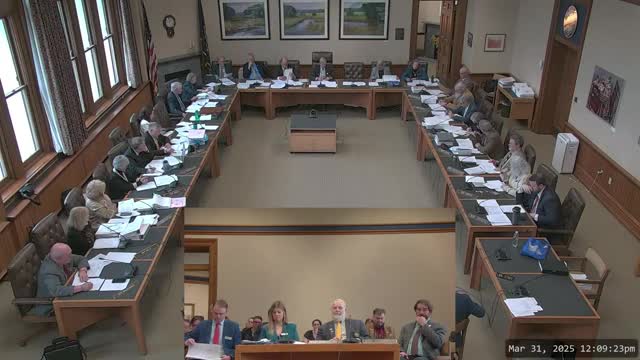Article not found
This article is no longer available. But don't worry—we've gathered other articles that discuss the same topic.

House Finance Division 1 outlines hundreds of position cuts, agency consolidations and program trims

House Finance Division 2 shifts Education Trust Fund allocations, increases special education funding and trims UNH support

Votes at a glance: key roll calls from the House Finance hearing (Division 1 & 2)

